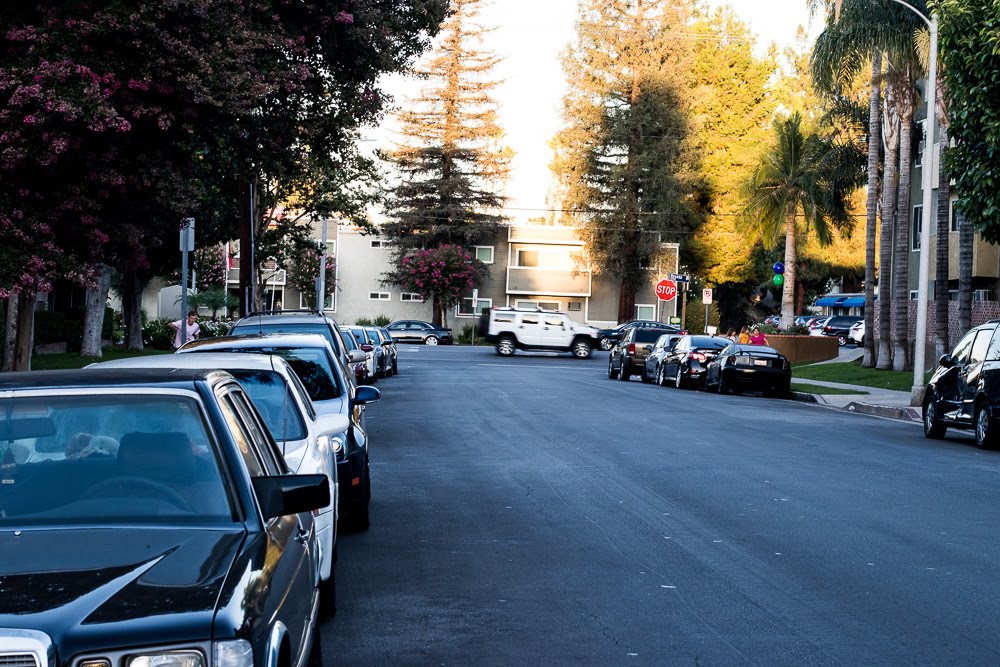Car accidents are always stressful, but when the other driver is from another state, things can get even more complicated. Whether you’re a Utah resident hit by a tourist or you’re visiting from another state and colliding with a local driver, the legal process is governed by Utah laws. Understanding how to navigate an out-of-state car accident in Utah is essential for protecting your rights and securing fair compensation. Here’s what you need to know, and how our skilled Utah car accident lawyers at Flickinger • Boulton • Robson • Weeks can help.
Utah Is a No-Fault State
Utah follows a no-fault insurance system. This means that after a crash, you must first turn to your own Personal Injury Protection coverage for medical expenses, regardless of who caused the accident. Every Utah driver is required to carry PIP coverage with a minimum of $3,000 in medical benefits.
However, the no-fault rule has its limits. If your injuries are serious and exceed certain thresholds, such as $3,000 in medical bills, permanent disability, disfigurement, or death, you can step outside the no-fault system and pursue a personal injury claim against the at-fault driver, even if they’re from another state.
The At-Fault Driver’s Insurance Still Applies
Even if the at-fault driver lives in another state, their car insurance policy still applies in Utah. Most auto insurance policies include a “broadening clause” that automatically adjusts coverage limits to comply with the laws of the state where the accident occurs. That means if a driver from a state with lower minimum coverage causes a crash in Utah, their policy may extend to meet Utah’s minimum requirements.
Utah’s minimum liability coverage includes:
- $25,000 for bodily injury per person
- $65,000 for bodily injury per accident
- $15,000 for property damage
If the out-of-state driver is uninsured or underinsured, your own uninsured/underinsured motorist coverage may come into play.
Jurisdiction: Which State Handles the Case?
Since the accident happened in Utah, Utah law will apply, and any legal claims must generally be filed in a Utah court. This can be surprising for out-of-state drivers who are unfamiliar with Utah’s legal system.
This has important implications:
- The out-of-state driver can be sued in Utah.
- Utah’s statute of limitations (four years for personal injury and three years for property damage) applies.
- Utah traffic laws will govern the question of fault.
If you’re from out of state and were injured in Utah, you will need to follow Utah’s procedures, which can be challenging without legal help.
Steps to Take After an Out-of-State Accident
Whether you live in Utah or are visiting, the steps you take after a crash with an out-of-state driver can affect the outcome of your claim. Here are some essential tips:
- Call 911 and report the accident: Make sure a police report is filed.
- Exchange information: Get the other driver’s contact details, license plate, and insurance information.
- Document the scene: Take photos, note road conditions, and gather witness information if possible.
- Seek medical attention: Even if you feel okay, injuries may not appear until later.
- Notify your insurance company: Let them know the accident involved an out-of-state driver.
Because legal jurisdiction and insurance rules can get complicated, it’s wise to consult with a local car crash lawyer in Salt Lake City as soon as possible.
Insurance Claims Can Be More Complex
Out-of-state drivers may be insured by companies that don’t operate in Utah or that have different claims processes. Filing a claim across state lines often involves more back-and-forth and can take longer to resolve. Also, if the out-of-state driver returns home and becomes hard to contact, your lawyer may need to take additional legal steps to pursue your claim.
These challenges highlight why having an experienced attorney familiar with out-of-state car accidents in Utah is crucial. They can ensure that you meet deadlines, file in the correct jurisdiction, and negotiate effectively with insurers who may try to minimize your payout.
Why Local Legal Help Matters
Accidents involving out-of-state drivers often involve multiple layers of law, insurance complications, and logistical issues. A local Utah car accident lawyer understands the specific rules and procedures that apply in Utah courts. They can help investigate the crash, communicate with out-of-state insurers, and build a strong case on your behalf.
Whether you’re a Utah resident or someone injured while visiting, you don’t have to navigate this process alone. A trusted car crash lawyer in Salt Lake City can offer guidance, protect your rights, and help you pursue the compensation you deserve.
Talk to Flickinger • Boulton • Robson • Weeks Today
If you’ve been involved in an out-of-state car accident in Utah, don’t wait to get the legal help you need. The experienced Utah car accident lawyers at Flickinger • Boulton • Robson • Weeks understand the complexities of cross-jurisdictional car accident claims and are ready to assist. Call (801) 500-4000 today to schedule your free consultation.
